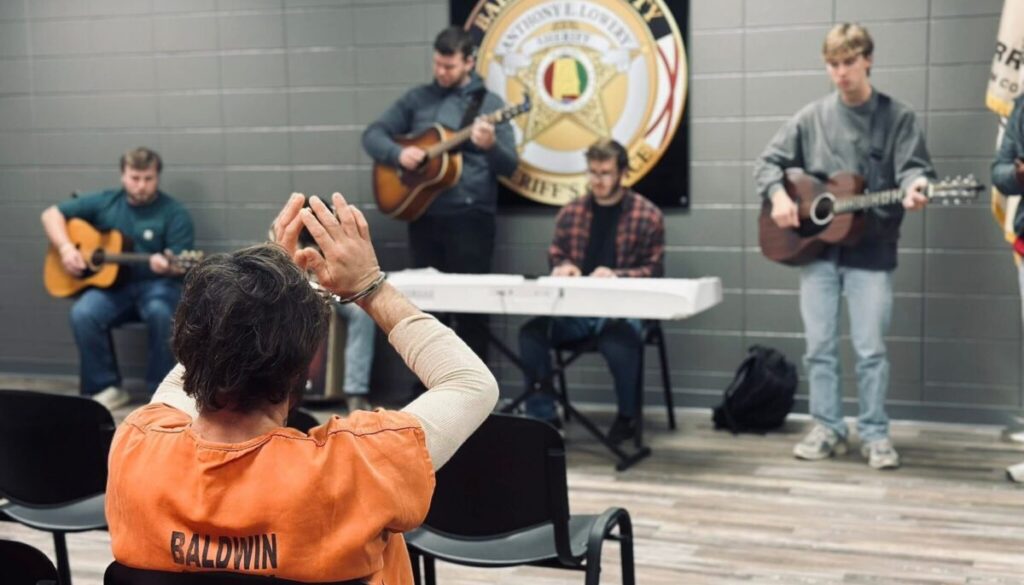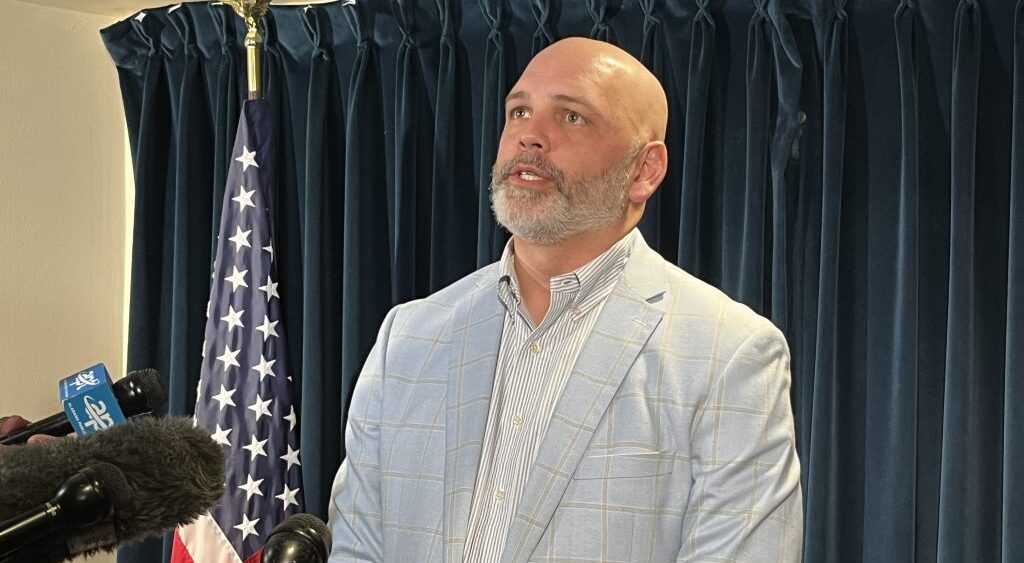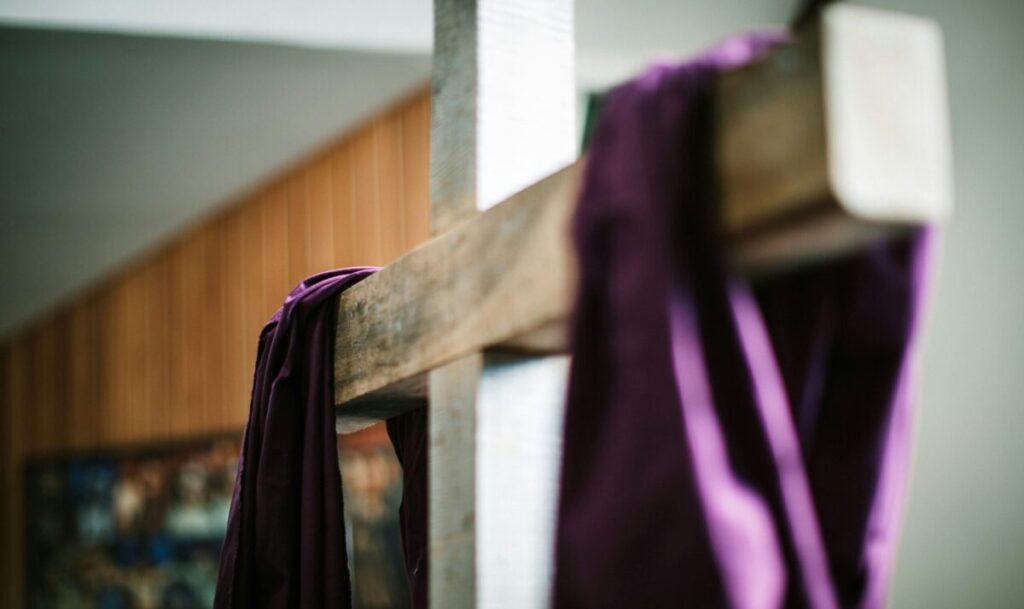EDITOR’S NOTE — The Alabama Baptist reached out to each of the three individuals who have announced intentions to be nominated for president of the Southern Baptist Convention at the 2022 SBC Annual Meeting in Anaheim, June 14–15. To read the responses of the other two candidates, click here and here.
Bart Barber
Age 52
Current position and title
Pastor, First Baptist Church Farmersville, Texas
Years of ministry service overall
35 years
How do you define the role of the SBC president?
The president of the Southern Baptist Convention moderates the business meeting, appoints several committees and serves as a member of the general boards of the convention.
His duty as he serves in those roles is to protect the messengers’ rights, answer the messengers’ questions and execute the messengers’ instructions.
Ours is a convention that jealously guards the primacy of the local churches and the authority of the messengers from those churches.
We deliberately created a convention structure with decentralized power.
The role of the president of the SBC should respect and embrace that structure.
What do you hope to bring to Southern Baptists if you are elected president?
I love our convention. I love the people in our convention. I love the people who disagree with me. Even the people whose beliefs carry them outside our statement of faith, and who wind up needing to find another family of churches that fits them better, are people I love. I love our distinctive beliefs as Southern Baptists.
I love our polity. I love those who have suffered and survived at the hands of abusers, and I want us to do the right thing for them.
I want to bring to Southern Baptists not only love, but also joy, peace, patience, kindness, goodness, faithfulness and self-control. I want to demonstrate it from the podium, from the keyboard, on the phone and face-to-face.
I have already had the privilege of serving Southern Baptists through easy times (as first vice president under Fred Luter) and through trying times (as a trustee at Southwestern Baptist Theological Seminary).
In those positions of service, I tried to demonstrate those loves and those convictions courageously and winsomely. If elected as president, I would hope to do the same.
What was the determining factor in your decision to allow your name to be nominated for president?
Some time ago I accepted what I thought was a secondary calling of the Lord upon my life (subservient to my call to be a pastor) to take whatever opportunities He sent my way to help improve the health of our convention.
It’s no secret that the coarseness of our discourse and the polarization of our membership has increased of late.
For a long time it was my firm belief I was in a better position to do that as a simple pastor with a social media account.
I rebuffed the encouragement of others to accept this nomination through the course of several years of nominations and elections of others.
When more disruption occurred in the months leading up to this year’s convention, I came to the end of my stubbornness and relented, accepting the possibility that God might want me to help improve the health of the convention while holding an official position for a while.
What is the biggest challenge facing Southern Baptists, and how would you respond to that challenge as SBC president?
We are the spiritual descendants of martyrs.
Our challenges pale in comparison to those faced by our forefathers who were drowned in the Limmat River, put to the rack or burned at the stake for remaining true to their biblical convictions.
Nevertheless, our challenges do exist. We have an upcoming Sexual Abuse Task Force report.
I do not yet know what it will include, but I believe my previously demonstrated commitment to doing the right thing for survivors and to preserving our polity and our ecclesiology can equip me to lead the convention through this time period.
I think we also face, in what is somewhat a post-denominational world, some attenuation of our commitment to many of our distinctive beliefs.
I want to lead us to lean into our historical doctrinal commitments.
External challenges mostly involve a culture that is increasingly hostile to Christian doctrine and ethics — especially the Christian sexual ethic.
But since Jesus emerged from the tomb, it has never been a good wager to bet against His churches. I believe that when all of these challenges have passed, we will still be standing.






Share with others: